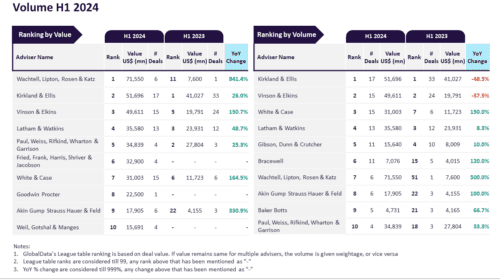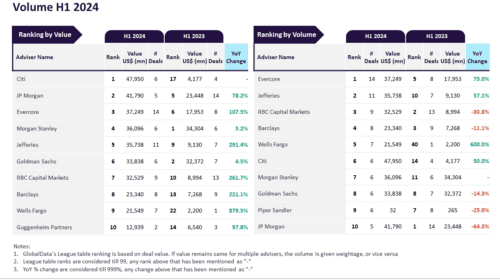Every industry worldwide revolves around data, insights, integrity, and developments. Data security is a basic requirement in any field. Data helps visualize, predict, and analyze the oil and gas industry.
Any attempt by an unauthorized user to access, deny, modify, or expose data is a cyberattack. Cyberattacks can cause loss of data, finances, and integrity for the sufferer. They can be of several types, including Denial of Service (DDoS), phishing, ransomware attacks, etc.
Cyber Attacks in the Oil and Gas Industry
Cyberattacks in the oil and gas industry are increasing over the past few years. The rise in ransomware attacks is about 150% in the past year! There have been 35 major and minor cyberattacks in the last five years.
- Colonial Pipeline Attack (2021)—The Colonial Pipeline attack is one of the biggest ransomware attacks in the oil and gas industry. It was so huge that it cost around $4.4 million to authorize, and half of the US oil stations were temporarily shut down. The company paid a hacker group named Dark Side around $4.4 million to restore the system.
- Triconex Controller Attack (2017) – Triton – the world’s most murderous malware – was used to disable the safety systems designed especially for safety in a controlled system. The System Instrumented System (SIS) is expected to take automated action to keep the site safe in an emergency.
- European oil refining ports and storage facilities (2022)—Another hacker group named BackCat launched a ransomware attack on European oil refining ports. In this particular attack, the hackers mixed up the data, which led to system failure.
There can be several reasons for cyberattacks. Most of the cyberattacks are sponsored by rival companies to cause losses to the competitors. Around 42% of cyberattacks are related to information theft, and about 32% are related to taking control of operational technology infrastructures in the oilfields. These attacks can cause severe issues in the companies.
A lack of awareness among employees causes cyberattacks. Most hackers send a malicious link to the employees, which installs malware in the employee’s computer. This malware then connects the employee’s computer to the attacker’s device. The attacker then uses hacking techniques to jumble company data present on the computer and this leads to system failure. Any vulnerabilities or bugs in the system software can be a pathway to the attacker’s malware or ransomware software. In the oil and gas industry, there is a constant need to analyze data to make business decisions. The dependency on technology, automation, and innovation in the field opens up the door to attackers. Insufficient protection of data rooms and servers can cause severe damage to the data and system.
Cyberattacks can be prevented using several precautions and techniques. It is really important to educate employees about cyberattacks and their methods to keep the company’s data safe and secure. Keeping the control and system software updated and using a secure VPN can prevent cyberattacks. End-to-end encryption can protect against data theft.
AI as a Defense against Cyber Attacks in the Oil and Gas Industry
With AI’s growing power, no field is out of reach from AI involvement. Cyberattacks can be prevented using AI by training AI models and studying the system’s normal behavior and patterns. If there is any suspicious activity, the AI model can predict or detect the anomalies before they cause irreversible changes to the system.
Another emergent technique is to create fake cyberattacks using AI to understand the defects in the system software. These fake attacks resemble ransomware attacks, and try to check how the system works under these types of attacks. By detecting the anomalies present in the system software, developers can update the software using the newly updated algorithms to prevent cyberattacks.
Companies using AI are at a safer edge, as they can prevent cyberattacks by studying the data. AI can also help solve vulnerabilities using data analysis and prediction. Many companies provide advanced malware detection and protection software.
According to a Consegic Business Intelligence report, the oilfield services market will grow whopping in the upcoming decade. This also marks the growth of AI-integrated software and applications in the Oil and Gas Industry.
AI is an evolving technology, and it is becoming stronger every day. AI can help us automate tasks that take humans a lot of time. Using AI in Oilfield Services is a benchmark for other technologies, too! Even though cyberattacks have increased in the past few years, advancements in AI can prevent such attacks and help us create a secure workplace.
Oil and gas operations are commonly found in remote locations far from company headquarters. Now, it's possible to monitor pump operations, collate and analyze seismic data, and track employees around the world from almost anywhere. Whether employees are in the office or in the field, the internet and related applications enable a greater multidirectional flow of information – and control – than ever before.











